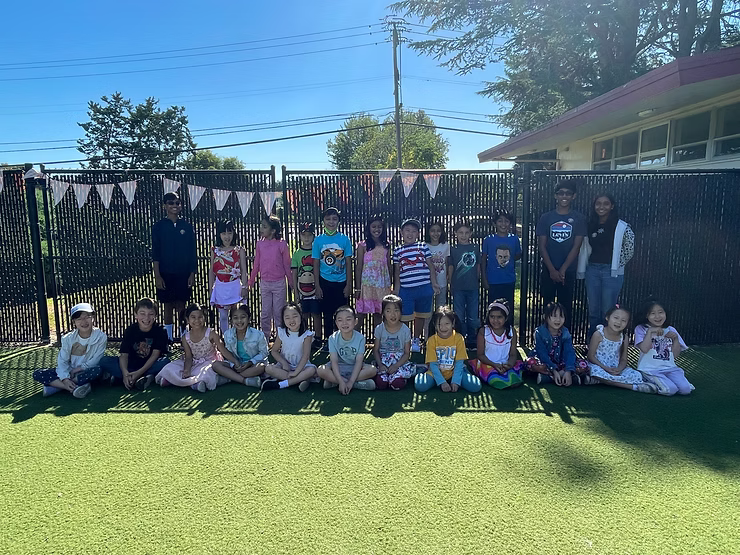
Exploring the Impact of Oil Spills: StepSTEM Educational Program
In today's world, it is crucial for young learners to understand the importance of environmental conservation and the impact of human activities on our planet. That's where StepSTEM Educational Program comes in. This engaging and interactive program is specifically designed for elementary schoolers to learn about STEM topics, with a particular focus on environmental concerns like oil spills.
The StepSTEM program offers one-hour sessions for each class at local schools, providing a unique hands-on approach to teaching. One of the specific environmental topics covered is an oil spill project, which allows students to witness the impact of oil spills through a demonstration and a lesson on real oil spills.

The image above perfectly captures the essence of the StepSTEM program. It shows a classroom setting with students actively participating in a hands-on oil spill project. They are engaged and excited as they witness the consequences of oil spills through a demonstration using materials representing oil and water. This interactive experience allows students to truly understand the gravity of the situation and the importance of taking action to prevent such disasters.
So, why is it essential for young learners to explore the impact of oil spills?
Firstly, oil spills have devastating effects on marine life and ecosystems. By understanding the consequences of oil spills, students develop empathy and a sense of responsibility towards protecting our environment. They learn about the importance of preserving our oceans and the delicate balance of marine ecosystems.
Secondly, exploring the impact of oil spills helps students understand the role of science, technology, engineering, and mathematics (STEM) in addressing environmental challenges. They learn about the scientific methods used to clean up oil spills, the engineering solutions developed to prevent spills, and the technology used to monitor and mitigate the damage caused by these incidents.
Here are a few examples of the activities and discussions that take place during the StepSTEM oil spill project:
- Simulation: Students participate in a hands-on simulation of an oil spill, using materials that represent oil and water. They witness how the oil spreads and contaminates the water, affecting marine life and coastal areas.
- Case Studies: Students learn about real-life oil spills and their consequences. They explore case studies such as the Deepwater Horizon oil spill and the Exxon Valdez oil spill, understanding the long-term effects on the environment and the communities affected.
- Environmental Awareness: Through discussions and group activities, students learn about the importance of environmental conservation and the role they can play in protecting our planet. They discuss ways to reduce oil consumption, promote renewable energy sources, and advocate for stricter regulations on oil drilling and transportation.
The StepSTEM program, currently based in Santa Clara, aims to expand its reach to more schools in the San Francisco Bay Area and beyond within the next 1-3 years. By doing so, they hope to educate and inspire a wider audience of students, fostering a generation of environmentally conscious individuals who are equipped with the knowledge and skills to tackle environmental challenges.
In conclusion, the StepSTEM Educational Program provides a unique and interactive learning experience for elementary schoolers to explore the impact of oil spills. By engaging in hands-on activities, discussions, and case studies, students develop a deep understanding of the consequences of oil spills and the importance of environmental conservation. Through this program, young learners are empowered to become advocates for our planet and make a positive impact on our environment.
